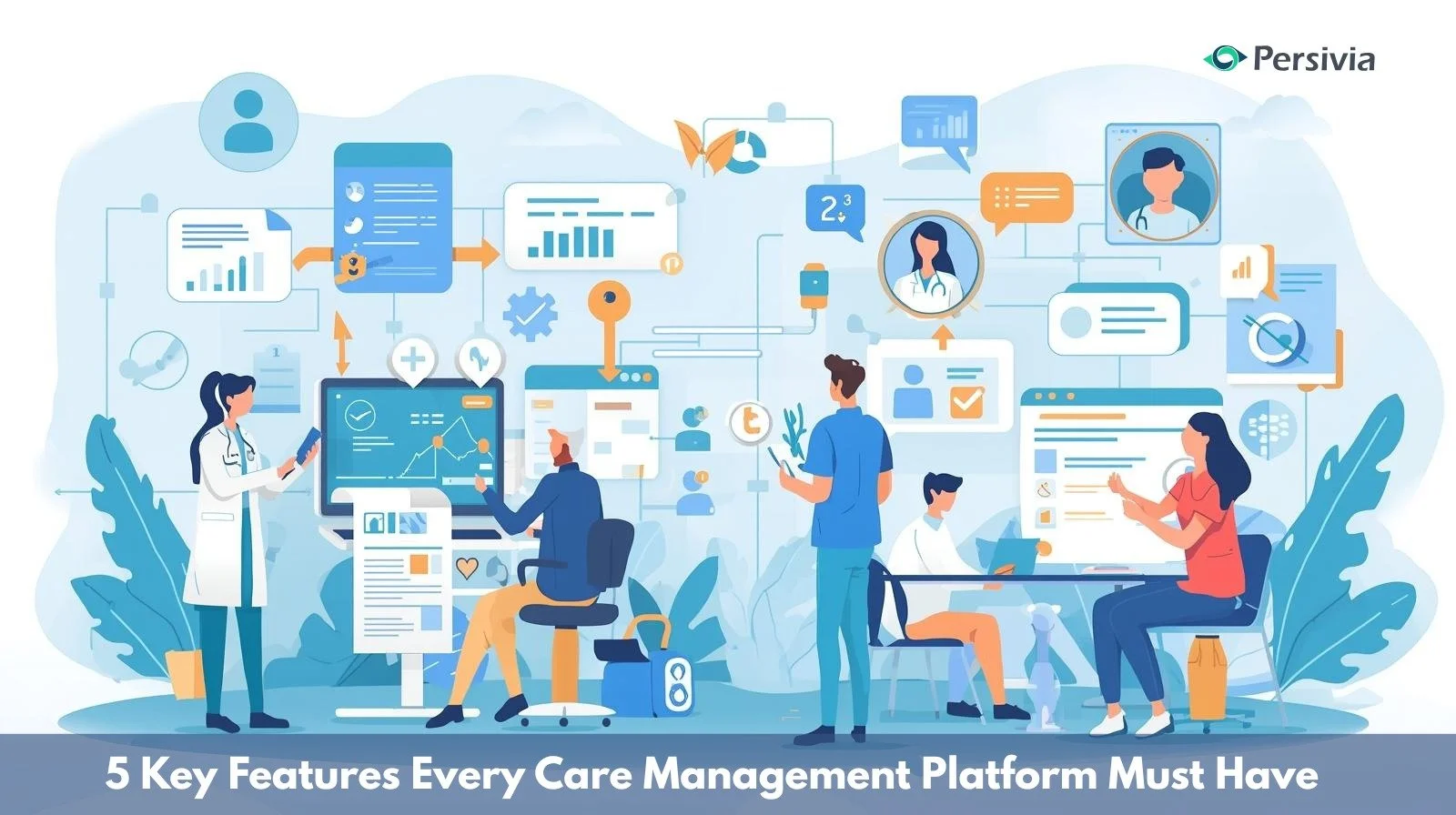Leasing vs Buying Property: Pros and Cons
There are very few decisions more life-changing than choosing a home. Where you live influences your lifestyle, professional opportunities, and social relationships. Being fully satisfied with your home is one of the main ingredients for a happy life. One of the biggest questions is whether leasing or buying property is the best choice.
Are you considering investing in real estate but are unsure whether you should lease or buy? Keep reading to learn more about both types of property investments and make a better-informed decision.
Lease or Buy? The Big Question When Investing in Real Estate
The biggest difference between leasing and buying property is that the former is temporary while the latter is permanent. A lease involves the tenant agreeing to pay the property owner a fixed sum for a defined period. Meanwhile, buying property involves taking on a mortgage or self-financing the purchase for your own use.
The experience of owning versus leasing is also very different. Owners have more complex responsibilities compared to tenants.
Choosing whether to lease or buy property depends on various factors, including:
Long-term goals
Lifestyle
Intended uses
Budget
Market conditions
For example, if your lifestyle means you shift addresses on a regular basis for work, then leasing a property is a better option. But if you have a steady job and don’t plan on changing locations in the next decade or so, then buying a home can be a better long-term investment. Knowing your requirements and limitations will help you decide between buying or leasing.
Ultimately, you will need official legal documents for both OPTIONS. Buyers will need a sale and purchase agreement (SPA), while lease-holders will need a residential lease agreement template.
Be sure to review any real estate documents carefully (or request an attorney to do so on your behalf) before signing them.
Pros and Cons of Leasing a Home
Real estate is a valuable investment because while everybody needs a home, not everybody can afford one. For those who cannot afford real estate, renting is the most viable option. In fact, renting might be the only way to go in locations where real estate rates are high and property is in demand. Of course, the temporary nature of lease agreements also has its drawbacks.
Advantages of Leasing Property
Flexibility: Leasing property allows you to move to a new address when the lease ends. It’s a much shorter commitment than buying a house.
Convenience: Getting approval to lease a property is quite easy. While tenants must pass a landlord’s background check, this is less stringent than the checking and paperwork needed to formally purchase real estate.
Affordability: Leasing lets you choose a property that fits your monthly budget. Also, as a tenant, you don’t have to worry about overhead costs associated with ownership, such as homeowners association (HOA) fees and maintenance expenses. You also don’t have to pay property taxes since it’s not an asset you own.
Disadvantages of Leasing Property
Rent Increases: When the lease is up for renewal, tenants are subject to their landlord’s decision on a potential rent increase. If market conditions and local real estate prices change dramatically, it could result in uncertainty over how much the rent amount appreciates annually.
No Tax Benefits: Leasing a home means you are not eligible to claim benefits like mortgage interest or property tax deductions.
Doesn’t Build Equity: Rent doesn’t count as an investment since you don’t own the property. (The only exception would be a lease-to-own agreement.) Since tenants aren’t building equity from real estate, they need to find other ways to invest their savings and grow their money.
Pros and Cons of Buying a Home
Buying a home is a desirable investment for many. It doesn’t just offer you a place to live; it confers a feeling of financial security and personal accomplishment. Currently, about two-thirds of all Americans (65.7%) are homeowners.
While owning a home is a part of the American Dream, some factors can complicate the experience.
Advantages of Buying Property
Builds Equity: A house is much more than just a brick-and-mortar structure. It is a source of equity, as real estate value tends to increase over time. You can also leverage property as an income source by renting it out to tenants.
Fixed Payments: Unlike volatile rent increases, homebuyers can take a fixed-rate mortgage that remains stable until it is paid off. This gives you greater control over your budget and annual expenses.
Tax Benefits: As a homeowner, you enjoy various tax benefits and deductibles, such as exemptions from capital gains tax for profits from selling property.
Disadvantages of Buying Property
Risk of Depreciation: While rare, your property’s value could depreciate due to local regulations or a struggling economy. Potential buyers should study the risks associated with any property to avoid any surprises in the future.
Long-Term Commitment: Buying a home as your primary residence means you are ready to settle down in that location. It’s not easy to offload real estate assets, as you have to wait for the right market conditions and buyers who can provide a reasonable offer.
Overhead Costs: Many running costs are associated with homeownership, like property taxes, HOA fees, maintenance expenses, mortgage payments, and homeowner’s insurance premiums.
Leasing vs Buying Real Estate: How to Choose
The final decision on whether to lease or buy property rests on your lifestyle preferences and future plans. Here are some critical questions you should ask yourself to clarify the decision:
Are you willing to settle down in one location in the next ten or so years, or do you see yourself moving?
Is the property in an area that will see more economic and infrastructure development in the future?
Are market conditions favorable to invest in real estate?
Do you want to customize your living space?
Are you financially ready to make a down payment and manage mortgage payments?
If you answered “Yes” to most of the questions above, buying a home is more suitable for you. Conversely, answering “No” means that you’ll be better off drawing up a lease agreement for the time being.
Make the right decision on leasing vs buying property only after carefully considering these factors.






